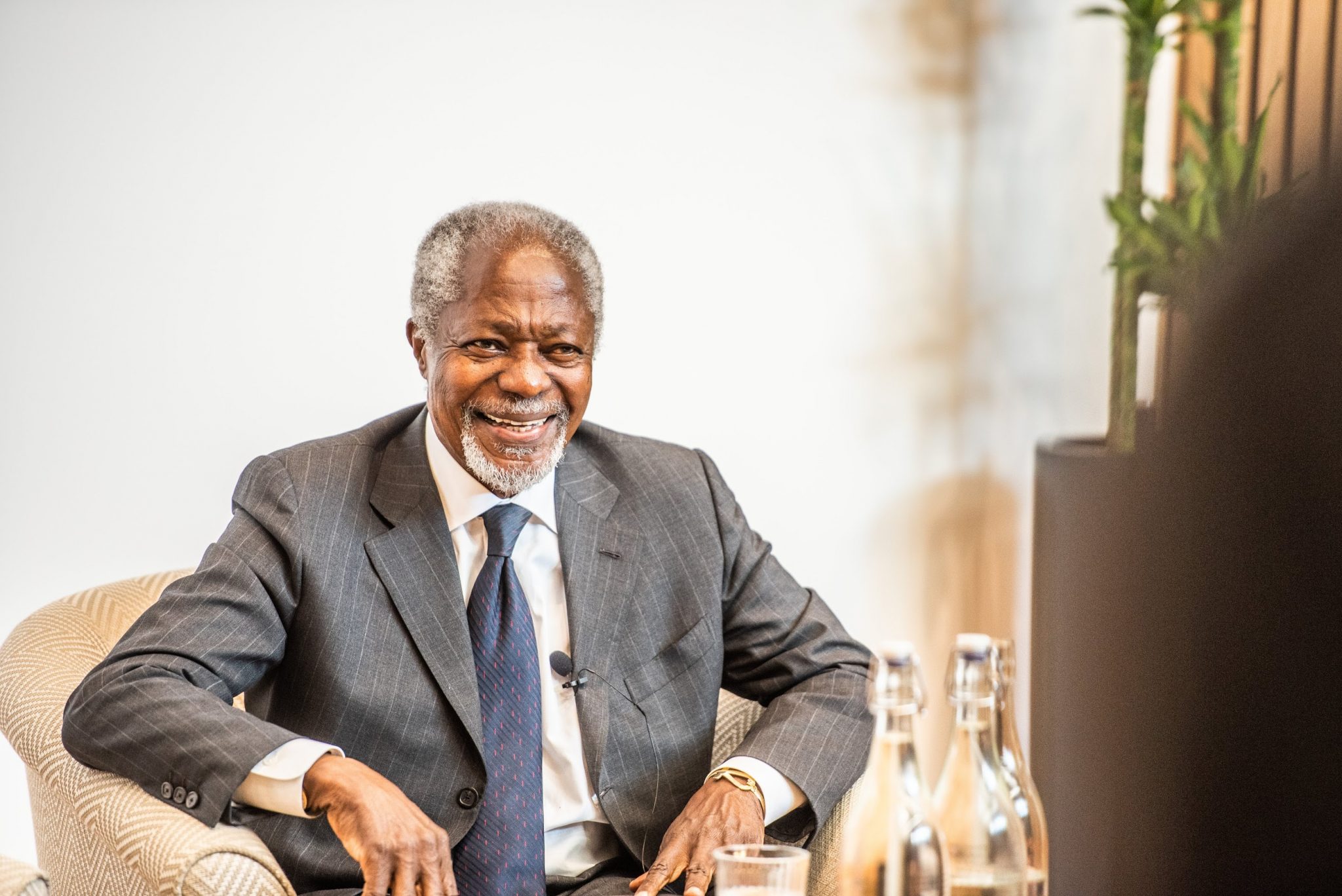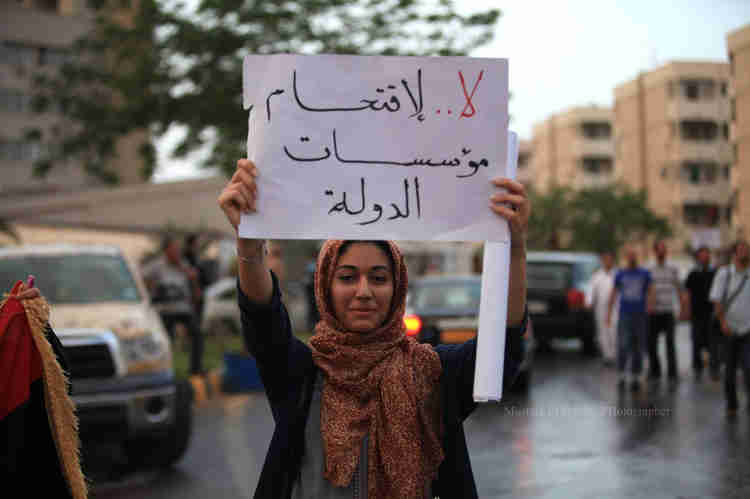Building a Progressive Kenya
Building a Progressive Kenya
Mwangi S. Kimenyi
Since the end of the 2008 post-election violence, Kenya has made remarkable progress in creating conditions for peace, stability, justice and the rule of law. These areas are at the core of the Kenya National Dialogue and Reconciliation (KNDR) Agreements (National Accord) that were reached between the two main rival political parties— PNU and ODM –through mediation brokered by the Africa Union’s Panel of Eminent African Personalities (the Panel), led Mr. Kofi Annan.
Notwithstanding the gains made to date, the objectives of the National Accord remain largely a work in progress, and one that is subject to many risks. Identifying and coming up with strategies to mitigate these potential risks is critical to ensuring the full realization of the ideals of the National Accord.
On 5 and 6 December, a crucial international conference convened by the Panel and the Kofi Annan Foundation will be held in Nairobi, with the primary goal of deliberating on how Kenya can consolidate the gains made so far to build conditions for sustained progress.
Delegates at this forward-looking conference will include the country’s top leadership, led by the President and the Prime Minister, senior members of the three branches of Government, civil society, religious leaders, the business community and other national stakeholders. They will be joined by Mr. Annan and his fellow Panel members, Graça Machel and Benjamin Mkapa; as well as five additional former Heads of State and Government and other international experts. This high-level participation provides a unique and timely opportunity for the country as a whole to reflect on the direction the Kenya is heading, particularly with the general election just months away.
Entrenching democracy
The most significant achievement of the KNDR process has been the promulgation of a new constitution in August 2010. The coming together of the parties to the National Accord in support of the constitutional referendum was a major achievement and a big step in the unification of the country. While there were groups that opposed the proposed constitution, voting in the referendum was peaceful, and the results accepted broadly – a far cry from the experience following the 2007 general election.
Major progress has since been made in the establishment of various institutions and enabling laws and constitution implementing bodies. As of October 2011, Parliament had enacted 29 bills to implement the new constitution. Since August, 2010 a number of constitutionally-mandated bodies have been established, including most recently the Independent Electoral and Boundaries Commission and the Commission on Administration of Justice. Also of note is the appointment of key office holders, including the Chief Justice and the constitution of the Supreme Court. For a country that was on the brink just four years ago, this progress cannot be under-estimated.
A fragile democracy
This progress notwithstanding, the country’s core economic, political and social institutions remain fragile, conditions that could easily erode the gains made. Difficult economic times, as evidenced by rapid escalation in the cost of living and high rates of joblessness, a political culture that thrives on divisiveness rather than inclusion; and a society where ethnicity still dominates as an axis of identification, do not augur well for the long-term peace and stability of the country.
A deterioration in the state of the economy is bound to shift the priority of many from reforms to a focus on survival. High rates of youth unemployment pose serious challenges to the government and can associate with heighted criminal and illegal gangs that represent serious threats to peace. A constitution that is seen not to deliver improvements in the well-being to the majority of Kenyans is not likely to be received with enthusiasm. Worse, the current economic situation is creating untenable conditions of inequality that are bound to create discontent with the government. Compounding these challenges is the external security threat along Kenya’s northern border.
Both horizontal inequalities between various identity groups—especially along the ethnic lines and perceptions of discrimination, victimization and exclusion are widespread. To some degree, these perceptions are perpetuated by the political elite who continue to thrive on exploiting ethnicity for selfish reasons. While the country has a new constitution, the political mindset is largely stuck in the regressive era of divisive politics.
Two additional issues that pose risks to consistent implementation of the National Accord relate to the International Criminal Court (ICC) process and the Internally Displaced Persons (IDPs), both born out of the post-election violence. The ICC process must be handled wisely to avoid creating fractures within the communities. Likewise, while major progress has been made in resettling IDPs, many are still in camps, and the issue of IDPs remains a contentious one and a powerful reminder of the scars left by the post-election violence.
Building a Progressive Kenya
With the wide array of challenges facing Kenya, the risk of not achieving the potential promised by the new constitution remains real. Adopting a new constitution is quite different from the embodiment of a culture of constitutionalism. Implementing the spirit and not just the letter of law is key to achieving of the objects of the National Accord and is a major theme of the conference.
Even with the cessation of conflict, there are wide divisions within the population as individual and groups identify with various cleavages. Such divisions create serious obstacles to creating a united nation idealized in the constitution. The conference will focus on strategies and perspectives for creating a united Kenyan people.
The post-election violence revealed the major weaknesses in Kenya’s electoral process and institutions. The integrity of elections is critical to avoiding a repeat of the 2007 scenario. The conference will assesses what needs to be put in place to ensure the credibility and transparency of the process, and the appropriate mechanisms for managing electoral disputes and conflict.
A key characteristic of fragility is that improvements in the quality of governance are also associated with high likelihood of reversal to weak governance. Such reversals are frequently the result of weak institutions that are subject to manipulation in order to serve special interests. A focus of this conference will be on building durable governance institutions that deliver long-term stability and that are immune to the machinations of regressive forces.
While the delegates are expected to come up with recommendations and commitments on how Kenya can build conditions to sustain progress, the conference is itself not just an event but a part of process that seeks to entrench peace, stability, justice and the rule of law in the country. For progress to be sustained, all Kenyans must be a part of this process both in supporting the implementation of the constitution and rejecting those regressive forces that seek to divide Kenyans.
Mwangi S. Kimenyi is a Senior Fellow and Director of the Africa Growth Initiative at the Brookings Institution



